Stalled at Universal – Wounded Knee
Wounded Knee
Edinburgh. Cask-strength electrohypnol and shroom damaged folk croonings by Lapsed Electronics empire builder.
Arika have been creating events since 2001. The Archive is space to share the documentation of our work, over 600 events from the past 20 years. Browse the archive by event, artists and collections, explore using theme pairs, or use the index for a comprehensive overview.
Edinburgh. Cask-strength electrohypnol and shroom damaged folk croonings by Lapsed Electronics empire builder.

A discussion about what is at stake in the performance of realness and the practice of passing, and how they are both acts of survival and resistance.

How can we imagine bodies not as an end in themselves, but as a medium through which we can become one another’s means?
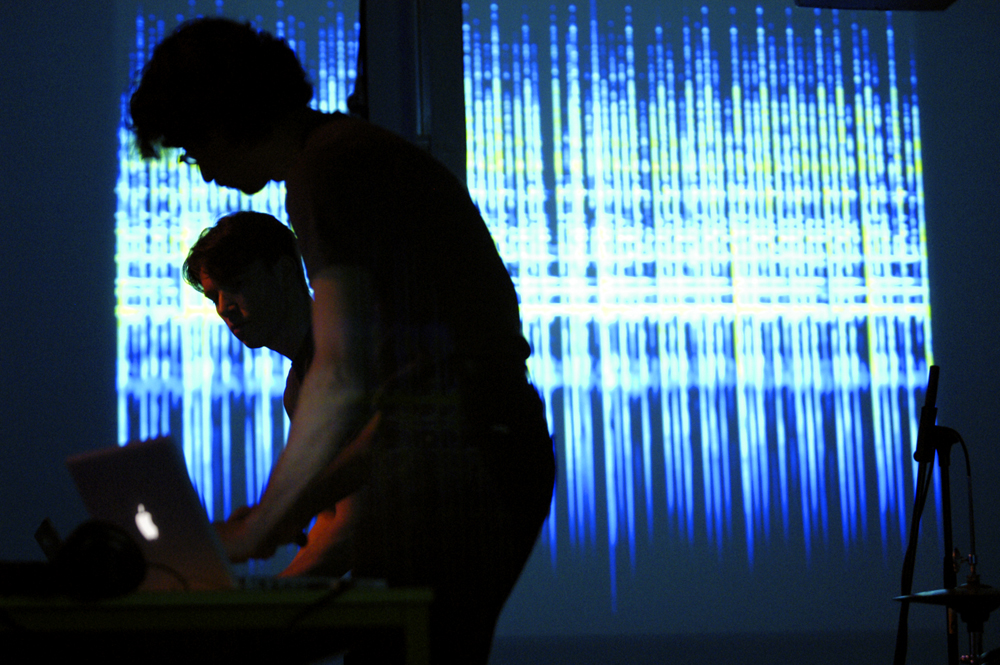
Live ISDN drone performance resonating between Dundee and an empty Montreal Grain Silo.
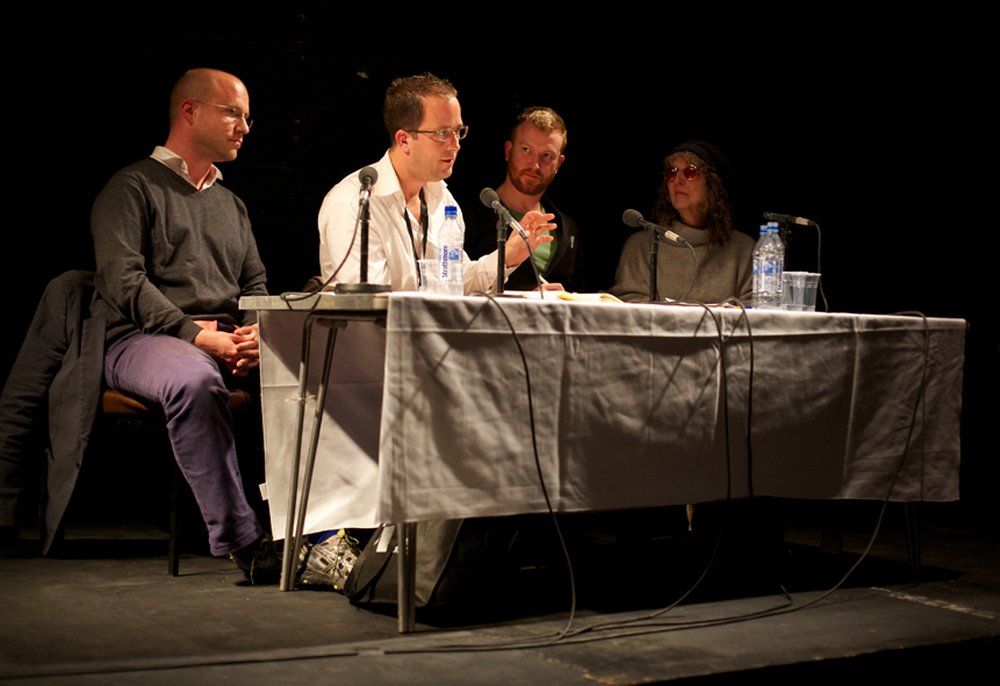
Electronic music, time, thought, the word, and consecutive matters

A recreation of one of Gustav Metzger’s celebrated auto destructive performances.
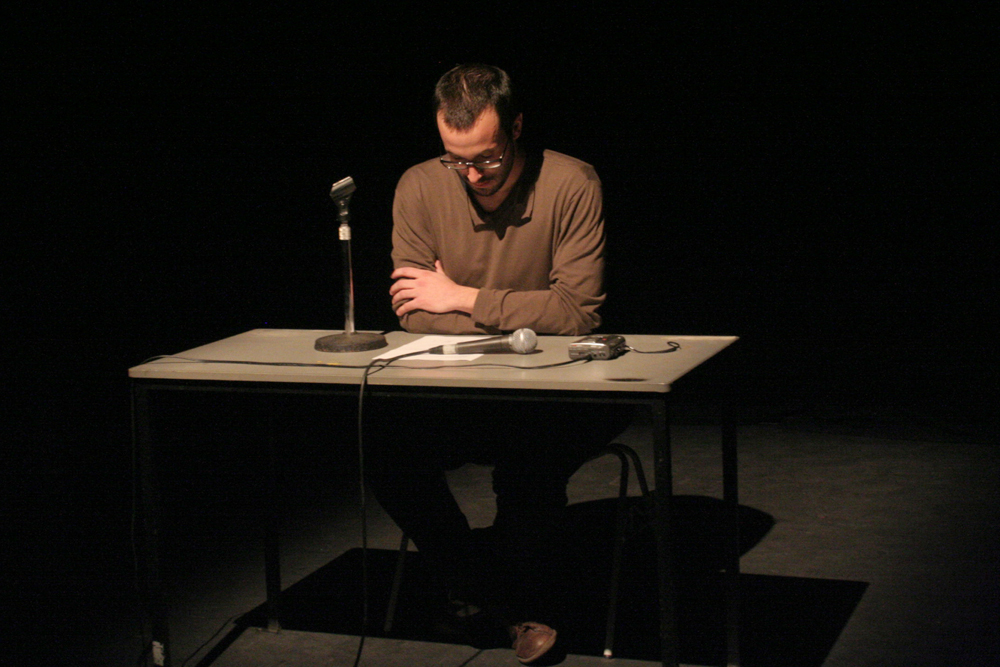
Open-ended, paradoxical and performed investigations into: misunderstanding, language games, form saturated with sense, and consecutive matters…

Bruno’s liberated improvisational approach stretches beyond the lyrical, tough as nails rhythmic bursts and expressive, swinging attack of his drumming.
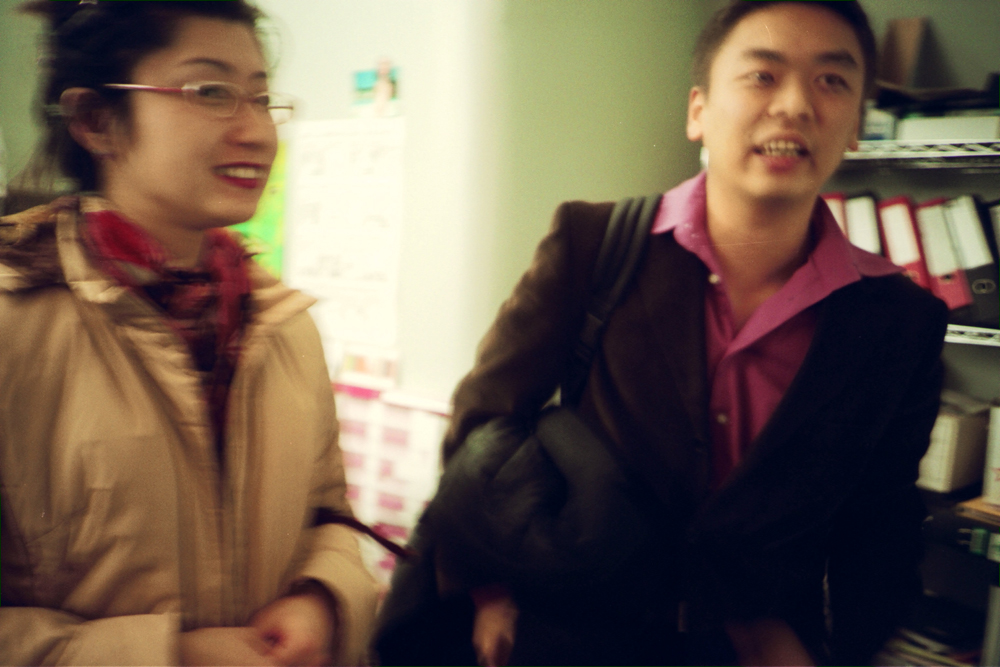
Work for cello, percussion, contra bassoon and cherbulum commissioned for Instal in collaboration with Paragon
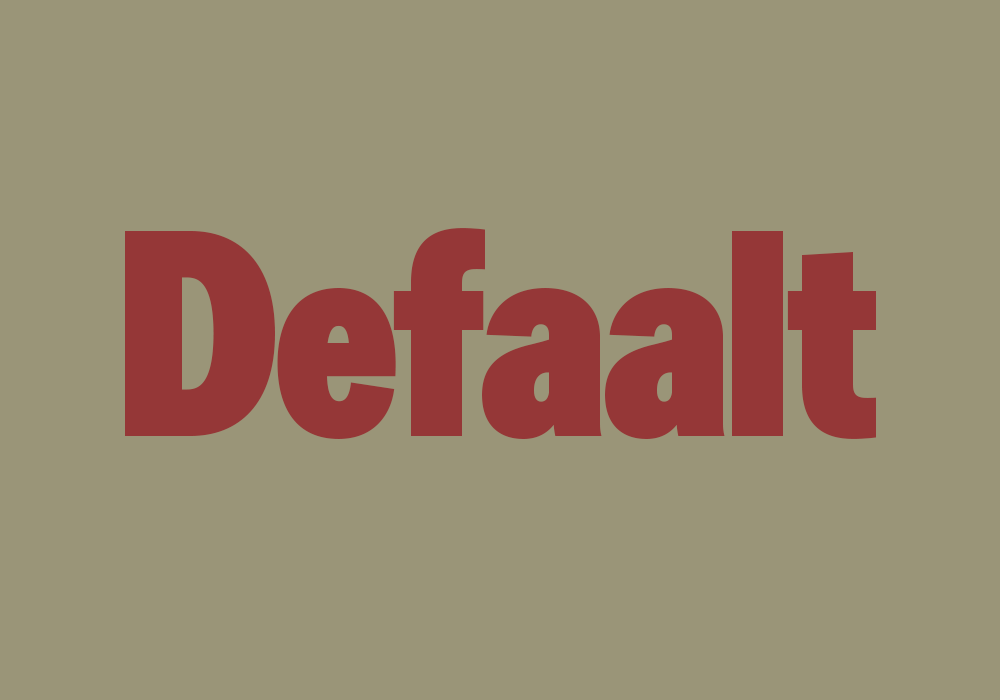
Glasgow based artist Defaalt invites the audience to collaborate fully in his performance by means of a generative graphical interface.
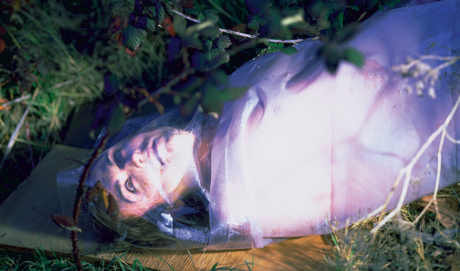
“I am truly without faith. In a media marketplace that demands soulness, I can only offer soulnessless.”

Harrowing but musical confrontations with the very real, physical and aural trauma of a woman screaming.